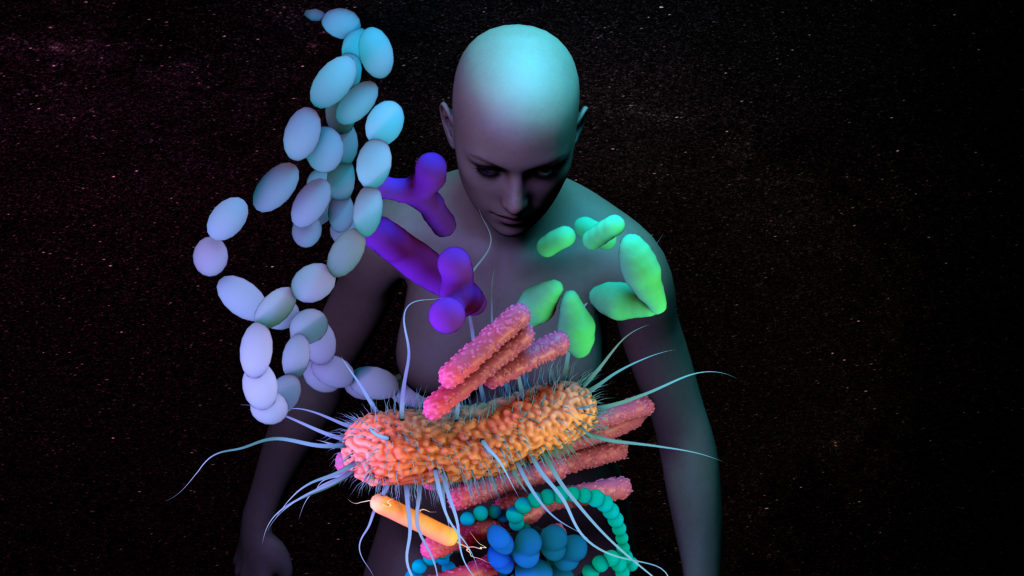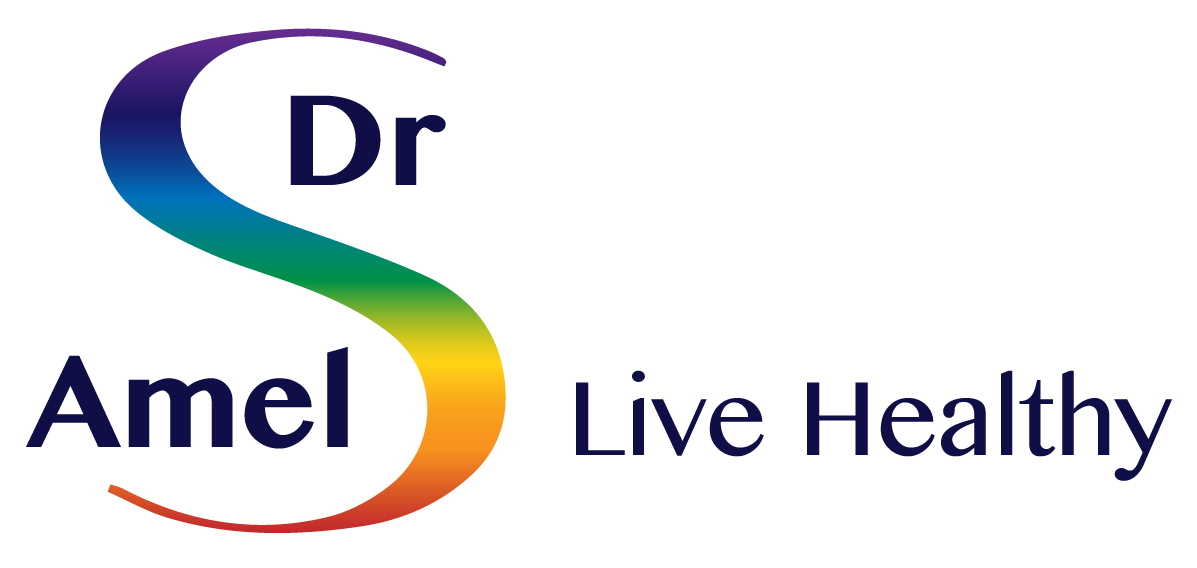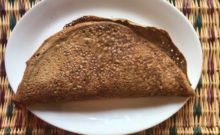Amancay Tapia

In recent years, the microbiome has become a hot topic for research in medicine. The microbiome is essential for human development, immunity and nutrition as the human body is the home of many microorganisms that consist of bacteria, fungi, protozoa and viruses.
These organisms are called the microbiota, and the collection of genomes from these microorganisms is called the microbiome.
The number of microorganisms present in the human microbiota is thought to be slightly higher than that of human cells in the body, and some have classified the microbiome as an organ in its own right. Makes sense, considering around 10,000 species of microorganisms occupy the human microbiota, and there may be more than eight million unique genes associated with several microbiomes in our bodies.
Microorganisms inhabit many parts of the human body, including the gastrointestinal tract, skin, saliva, oral mucosa and conjunctiva, but the vast majority live in the colon. Each of these microbiomes is distinct depending on the location in the body, and the relationship is usually positive. Microbiome studies have shown that bacteria could actually be beneficial to help autoimmune diseases such as diabetes, rheumatoid arthritis, muscular dystrophy, multiple sclerosis, and fibromyalgia as they are all associated with dysfunction in the microbiome.
According to M.D and Functional Medicine Certified Practitioner, Dr Amel Seghouani ;“our bodies are ruled by micro-organisms, the medicine of the future will rely on a better understanding of the symbiotic relationship between humans and their own bugs”.
She argues that the microbiome plays a key role in the state of our health as it helps to regulate the immune system and the metabolism; it protects against infection, it provides important nutrients and helps to break down food, it also maintains intestinal integrity and contributes to mental health.
The main focus of human microbiome research has been studying the bacteria in the gut. The gut microbiota represents the largest and most diverse community in the human microbiome.
Dr Amel S says that there is a better understanding of the negative effects of antibiotics on the gut flora and the importance of taking care of our microbiome through whole food, exercise and regular contact with nature.
‘The colonisation of the intestine by the bacteria living in the human body, starts at birth and is influenced by vaginal or C-section birth. Nevertheless, the microbiota changes with exposure to various environmental factors as we grow up including hygiene, diet, geographical locations, and host genotype”.
The gut microbiome has been linked to a variety of diseases and conditions such as diabetes autism, anxiety and obesity, with some experts advocating that the gut microbiota will play a key role in personalised cancer treatment strategies.
To keep our microbiome in a healthy shape, we need to understand the role of ‘prebiotics and probiotics”. Probiotics are foods or supplements that contain live microorganisms that are considered beneficial for health. Probiotics can be found in fermented foods such as Kefir, tempheh, kimchi, sauerkraut.
Prebiotics , on the other hand, are foods (usually high-fiber foods) that act as food for human microflora, and they are used with the intention of improving the balance of these microorganisms. They can be found in foods such as Jerusalem Artichokes, leeks, asparagus, onions, bananas, garlic, soybeans .
In addition to foods sources, which is the first and best way to start consuming probiotics and prebiotics, they can both be taken as supplements to help top up our microbiome and improve certain conditions.
There are many probiotics in the market, quality is very important as not all probiotics are the same. Always check the manufacturer standards and studies and the guaranteed count at end of shelf life.
We can think of probiotics supplements as tourists : they turn up, hang around, improve what they can while there ( such as tourists have an impact on the local economy ) but when you stop taking them the microbiome returns back to what is was. Another reason for paying attention to diet first which has a guaranteed longer term benefit on our microbiome as it provides a real and deep change.
For those on necessary antibiotics a yeast probiotics called Saccharomyces Boulardii is the best friend to support the microbiome during the treatment by preventing a bad micro-organism colonisation during the antibiotics war. Our gut is very expensive real estate where bad guys and good guys are always trying gain more terrain, so we need to provide support to the good guys while fighting the bad ones.





